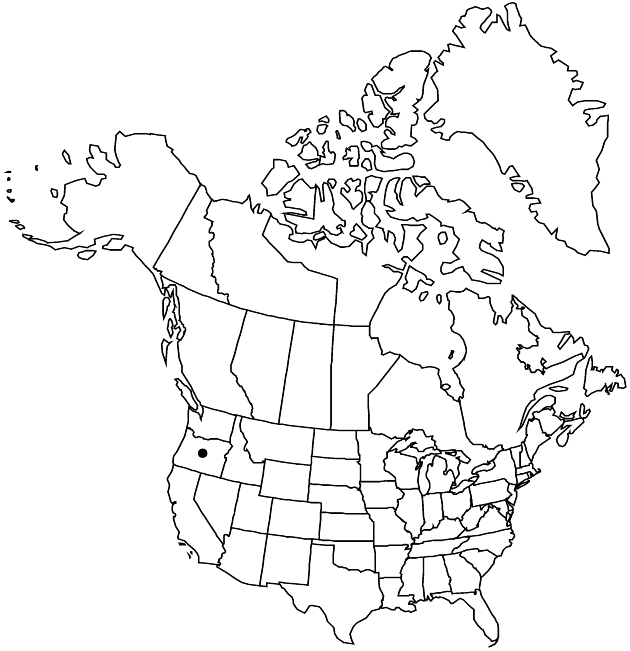Difference between revisions of "Erigeron decumbens"
Trans. Amer. Philos. Soc., n. s. 7: 309. 1840.
FNA>Volume Importer |
FNA>Volume Importer |
||
| Line 48: | Line 48: | ||
|publication year=1840 | |publication year=1840 | ||
|special status= | |special status= | ||
| − | |source xml=https://jpend@bitbucket.org/aafc-mbb/fna-data-curation.git/src/ | + | |source xml=https://jpend@bitbucket.org/aafc-mbb/fna-data-curation.git/src/f50eec43f223ca0e34566be0b046453a0960e173/coarse_grained_fna_xml/V19-20-21/V20_565.xml |
|tribe=Asteraceae tribe Astereae | |tribe=Asteraceae tribe Astereae | ||
|genus=Erigeron | |genus=Erigeron | ||
Revision as of 21:29, 16 December 2019
Perennials, 5–60 cm (colonial); taprooted, caudex branches rhizomelike plants. Stems (often purplish) erect or decumbent at bases, sparsely strigillose (basal cells inclined, hairs even-width), eglandular. Leaves basal (often withering by flowering) and cauline; basal blades linear to narrowly oblanceolate, 50–120(–180) × 3–6(–11) mm, cauline 3-nerved, gradually reduced distally, margins entire, faces hirtellous, eglandular. Heads (1–)2–5(–18) borne singly or in loosely corymbiform arrays. Involucres (4.5–)5–6 × 9–12 mm. Phyllaries in 2–3(–4) series (linear-lanceolate, apices linear-acuminate), sparsely to moderately villous, eglandular. Ray florets 26–57; corollas white to bluish, sometimes drying pinkish to pale blue, 7–12 mm, laminae not coiling or reflexing. Disc corollas 3–3.5 mm. Cypselae 1.2–1.6 mm, 2-nerved, faces sparsely strigose; pappi: outer of setae, inner of (6–)12–16 bristles.
Phenology: Flowering May–Jul.
Habitat: Heavy soils in seasonally wet or dry upland prairie grasslands
Elevation: 100–300 m
Discussion
Of conservation concern.
Erigeron decumbens is in the Center for Plant Conservation’s National Collection of Endangered Plants.
Selected References
None.
